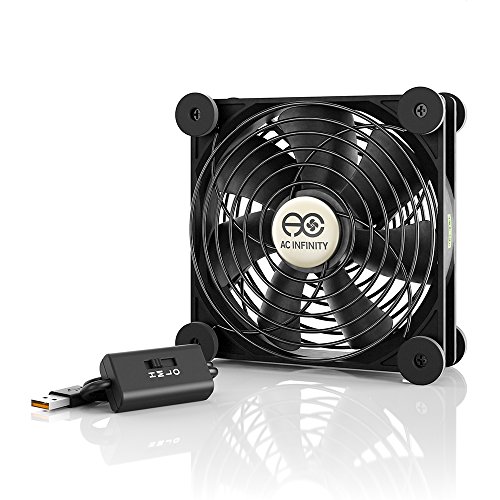Table of Contents
Troubleshooting Modem Overheating Issues
An overheating router can potentially shorten the lifespan of the device and disrupt your internet connection when you least expect it.
Understanding why your modem is overheating and how to fix this issue is important for maintaining a stable and efficient network.
🔧 This article will guide you through various troubleshooting steps to identify the causes of overheating and provide practical solutions to keep your modem running cool and smoothly.
Whether it’s improving ventilation, updating firmware, or considering a replacement, we’ll cover all the bases to help you solve this common problem.
If your modem is overheating, read on.
Background
As internet speeds get faster and faster, the electronics that’s required to process all that bandwidth is getting more complex. This results in more heat dissipation.
🔥 Modems are getting hotter as technology evolves
Modem designers have equipped these boxes with fans. Despite this, they can and do often overheat. Follow the guide below to solve this problem before it disrupts connectivity.
Troubleshooting Steps
Ensure Proper Ventilation
Solution: Verify that your modem is in a well-ventilated area. Avoid placing it in confined spaces or near heat sources. Ensure there’s adequate space around the modem for air circulation.
Make sure you’re not blocking the vents on the modem. These are critical for airflow and cooling.
🛜 It makes good sense for other reasons (better RSSI wireless signal strength) to keep your modem at a higher point and with little clutter around it.
Clean the Modem
Solution: Dust accumulation can block air vents and insulate heat. Regularly clean the modem using compressed air to blow dust out of the vents.
Check for Environmental Factors
Solution: Move the modem away from direct sunlight or other heat-generating devices. Consider the room temperature—modems operate best in cooler environments.
❄️ Use a fan to cool your modem
Inspect for Hardware Malfunctions
Solution: Overheating can also be caused by internal hardware issues. If your modem has visible damage or continues to overheat despite good ventilation, it may need professional inspection.
We recommend contacting your internet service provider or modem manufacturer.
Update Firmware
Solution: Outdated firmware can cause inefficient modem operation leading to overheating.
⚠️ Make sure you don’t turn your Wi-Fi modem off at night. This is when it’s often updated by your internet service provider. Turning if off means critical updates are not delivered to your modem
Check your service provider’s website or your modem’s user interface for firmware updates.
Reduce Data Load
Solution: Heavy data usage can overwork the modem. If possible, reduce the number of devices connected or limit high-bandwidth activities during peak times.
Replace the Modem
Solution: If the modem continues to overheat despite these steps, it may be defective or too old. Contact your internet service provider to request the latest model or a replacement.
✅ By following these troubleshooting steps, you can address the common causes of modem overheating and maintain a stable, reliable internet connection. If problems persist, contacting your ISP or a professional technician is advisable for further assistance.


